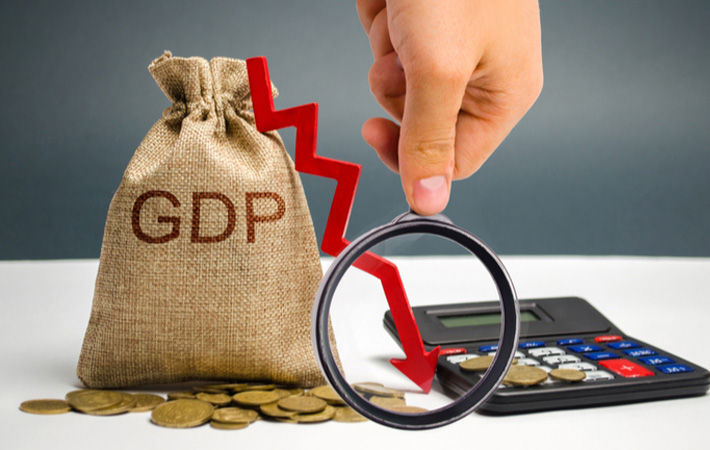
The tensions in Europe are creating a dampening effect on global growth and pushing up oil and commodity prices.
CRISIL feels the average consumer price index (CPI)-based inflation will stay firm at 5.4 per cent in India in the next fiscal if the price of crude oil averages $85-90 per barrel. It has taken into account the excise duty cuts announced last year.
But the upside risks will build if the geopolitical strife prolongs, it said in a press note.
“Spiking commodity prices, especially of crude oil, will have a bearing on India’s macros, including the current account deficit and inflation. These would create headwinds to growth. The good part is, the health of the financial sector is on the mend, with better capitalisation, profitability and asset quality,” CRISIL managing director and chief executive officer Amish Mehta said.
Analysts expect the higher price of crude oil to widen India’s current account deficit to 2.2 per cent in the upcoming fiscal. A $10 increase in the price of crude oil increases the current account deficit to GDP ratio by about 40 basis points.
The domestic prices of food grains are relatively benign following sumptuous agricultural output and comparatively lower core inflation.
"We believe the fiscal policy will need to be deployed more aggressively than envisaged in the union budget for next fiscal. This can be done by increasing allocation for employment-generating schemes and food subsidy, and cutting duty on petroleum products. This can be a relief bridge for those most affected by the pandemic till such time the virtuous cycle of investment-led growth plays out in the labour market, and private consumption demand becomes selfsustaining," CRISIL chief economist Dharmakirti Joshi said.
ALCHEMPro News Desk (DS)
Receive daily prices and market insights straight to your inbox. Subscribe to AlchemPro Weekly!